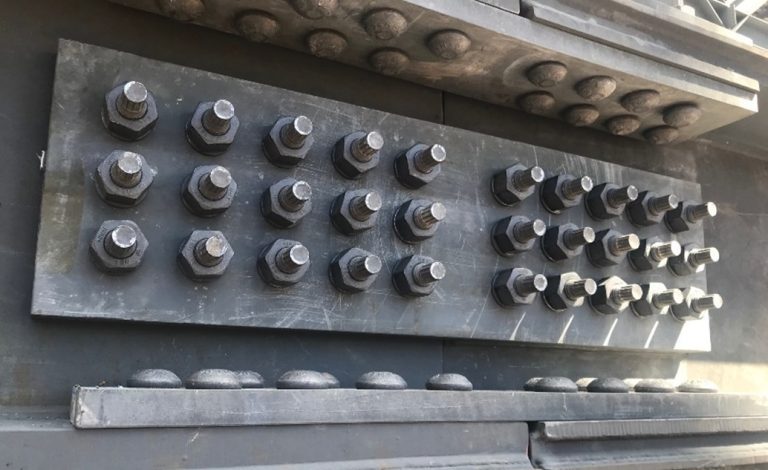Leading North West property services company, The Momentum Group, has announced a series of key hires across the business, including two new directors, as the company focuses on the next stage of its growth following a successful 2024. Jacqui Saunders has been appointed as Director of Momentum Manage, with a remit to grow the Group’s property management division across the North West and South East. With over 20 years’ experience, Jacqui was previously Associate Director at Network Space, and held positions at The Arch Company and Savills. The second senior hire is Jyssica Murphy, who has joined as Health, Safety, and Quality Director, overseeing The Momentum Group’s strategy across the business. Jyssica brings a wealth of experience, including her previous role as Building Safety Regulatory Lead at the Health and Safety Executive (HSE). She has also worked at Redrow Homes, Torus and as a consultant for a wide array of Construction and Refurbishment Projects. In addition to the two new directors, Momentum Advise has strengthened its team with the appointment of Stella Costa as Senior Project Manager, James Blackmore as Project Manager, Lucas Smith as Trainee Project Manager and Claudia Watson as Graduate Project Manager, to support the division’s growing portfolio of retail delivery projects following the team’s recent geographical expansion. Momentum Build has also welcomed Nick Barrett as Construction Project Manager to help facilitate further growth as the team diversifies its client base across retail, leisure, residential, and parking facilities. Whilst Momentum Manage has appointed Jo Miller as Property Manager. Chris Bliss and Chris Renshaw, Co-founders and Directors of The Momentum Group, commented: “The success of The Momentum Group is driven by its people and, as we grow, we remain committed to attracting and retaining the very best staff. Jacqui Saunders and Jyssica Murphy bring not only renowned sector expertise, but the senior leadership skills that will help to drive our growth. Together with our other heads of the individual businesses and our board advisors, Yvonne Emmett Cannell and Ian O’Doherty, we are in a great position to expand, diversify and, ultimately, thrive.” Jacqui Saunders, Property Management Director, said: “Momentum Manage already plays a part in making great places; places that people, be they shoppers, workers or residents, actively want to spend time in. There is an opportunity, however, to expand our client base, not only in the North West, but across the UK. The company has the ambition and ability to do that, and I am very excited to be leading the team to make it happen.” Jyssica Murphy, Health, Safety and Quality Director at The Momentum Group, added: “The Momentum Group’s values and culture reflect what I believe matter in a business, so to join now, as the company pushes to achieve its next stage of growth, is very exciting. Working with Chris, Chris and the rest of the senior leadership team, I will ensure the Group delivers exemplary health, safety and quality standards, while also supporting its commitment to operating sustainability.” With the seven new hires, The Momentum Group now employs over 60 people, with the growth in the team reflecting a very strong 12 months for the company. 2024 saw the company become a B-Corp Certified business; the delivery of Momentum Build’s second project for leading leisure operator, Gravity MAX, in Westfield Stratford; and the facilitation of the second Building Sustainable Cities Beyond 2023 Conference, held by the Liverpool City Region Sustainable Property Group, which The Momentum Group founded. Building, Design & Construction Magazine | The Choice of Industry Professionals






